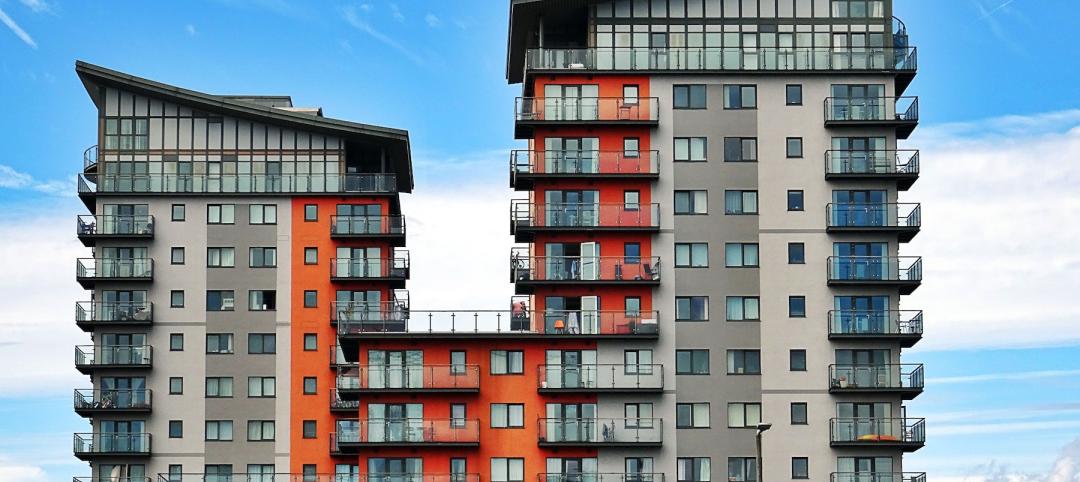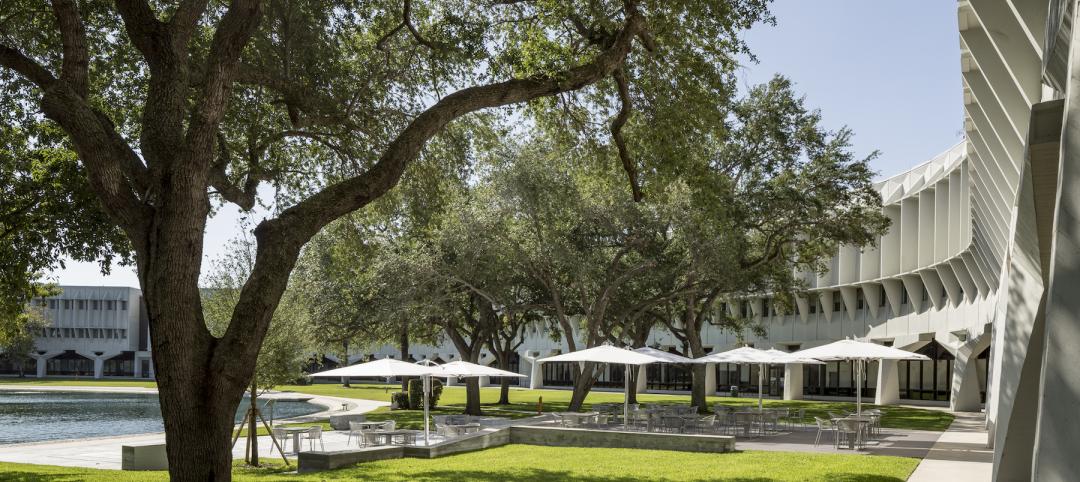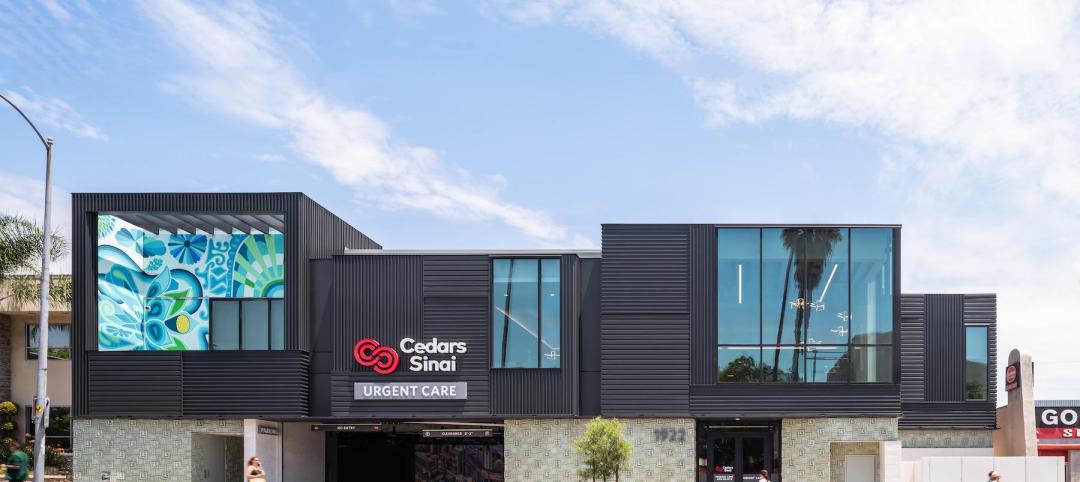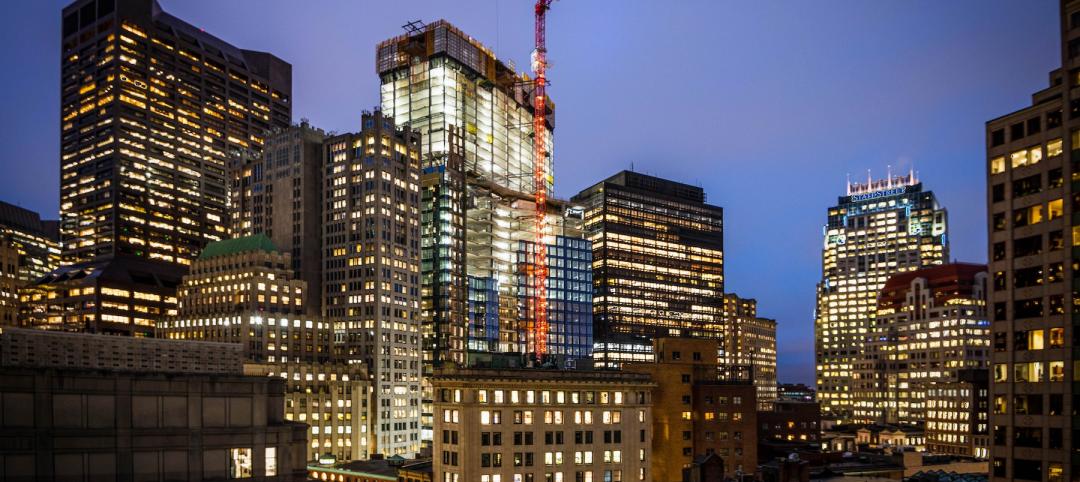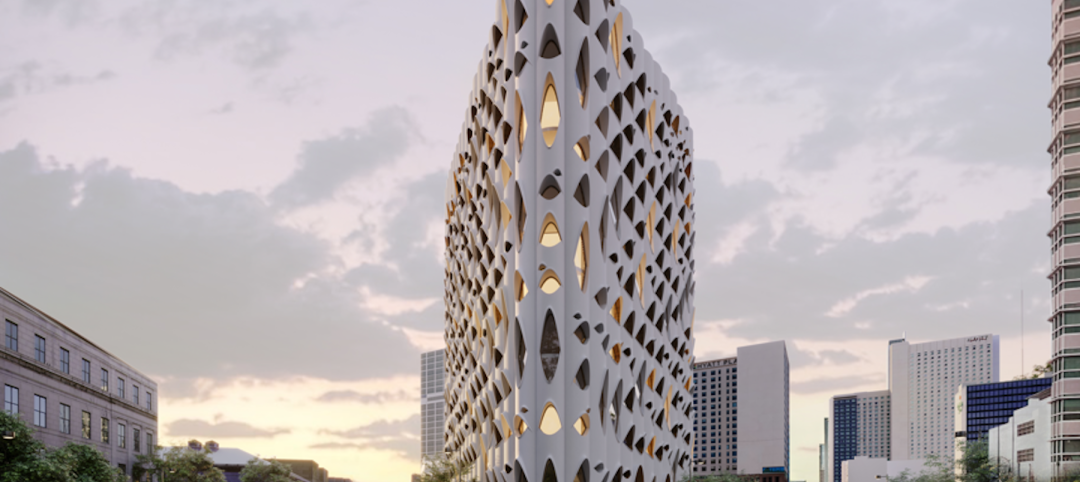Washington, D.C. – May 12, 2011 – The U.S. Green Building Council (USGBC) and the American Institute of Architects (AIA) today unveiled Local Leaders in Sustainability: A Special Report from Sundance, which outlines a five-point national action plan that mayors and local leaders can use as a framework to develop and implement green schools initiatives.
“This report should serve as a guidepost for many communities throughout the country that are looking for ways to implement green initiatives but fear the expense involved,” said AIA President Clark Manus, FAIA. “In reality, the average school is 42 years old, and energy inefficiencies cost it approximately $100,000 a year, money that could be better spent on teachers, education materials, books or computers.”
The steps outlined in the five-point plan include tangible action steps and are based on the conversations that took place at Sundance and successful green schools initiatives from across the United States and include:
1. Connect with the Green Schools Movement
2. Engage Stakeholders and Raise Awareness
3. Build Community Support and Capacity
4. Make it Happen: Benchmarking, Policy and Financing
5. Celebrate Success
The report also provides a comprehensive review of the benefits of green schools; a summary of local, state and federal policy solutions; leadership profiles of green school advocates; and case studies from both large cities and small communities. Together, these resources serve as a roadmap on the journey to green schools.
This special report stems from outcomes at the Greening of America’s Schools Summit, which took place November 2010 at the Redford Conference Center at Sundance, Utah. USGBC and its Center for Green Schools; the Redford Center, founded by Robert Redford; and ICLEI – Local Governments for Sustainability USA, collaborated to host the Greening of America’s School Summit, which brought U.S. mayors and superintendents from cities across the country, along with leaders in green design, education, arts and green school advocacy to take part in an intimate discussion on the importance of greening school districts.
“Through the greening of America’s schools, we have the chance to improve the health and education of our children, inspire future leaders and create a stronger America,” said Rick Fedrizzi, President, CEO and Founding Chair, USGBC. “Sundance was just the beginning. This comprehensive blueprint provides local policy makers and community members ways in which they too can accelerate green schools in their areas.”
“The Greening of Americas Schools Summit marked an important first step in realizing that the environmental quality of our schools is essential to our future and long-term well-being. As a result, Mayors and Superintendents came together to chart a new course toward healthy, sustainable schools where our children can grow and excel. We must now take this blueprint into action so that every child in America can attend a green school within this generation,” said Martin J. Chávez, Executive Director, ICLEI - Local Governments for Sustainability USA.
The report was issued this week at the 2011 AIA National Convention and Design Exhibition in New Orleans and USGBC’s annual Government Summit in Washington, D.C. It can be downloaded free-of-charge from centerforgreenschools.org/actionplan.
About The American Institute of Architects
For over 150 years, members of the American Institute of Architects have worked with each other and their communities to create more valuable, healthy, secure, and sustainable buildings and cityscapes. Members adhere to a code of ethics and professional conduct to ensure the highest standards in professional practice. Embracing their responsibility to serve society, AIA members engage civic and government leaders and the public in helping find needed solutions to pressing issues facing our communities, institutions, nation and world.
About the U.S. Green Building Council
The Washington, D.C.-based U.S. Green Building Council is committed to a prosperous and sustainable future for our nation through cost-efficient and energy-saving green buildings. With a community comprising 79 local affiliates, 16,000 member companies and organizations, and more than 155,000 LEED Professional Credential holders, USGBC is the driving force of an industry that is projected to contribute $554 billion to the U.S. gross domestic product from 2009-2013. USGBC leads an unlikely diverse constituency of builders and environmentalists, corporations and nonprofit organizations, elected officials and concerned citizens, and teachers and students.
Related Stories
| Aug 17, 2022
New York to deploy 30,000 window-sized electric heat pumps in city-owned apartments
New York officials recently announced the state and the city will invest $70 million to roll out 30,000 window-sized electric heat pumps in city-owned apartments.
| Aug 17, 2022
IBM’s former office buildings in Boca Raton turn into a modern tech campus
Built in 1968, the Boca Raton Innovation Campus (BRiC), at 1.7 million square feet, is the largest office campus in Florida.
| Aug 16, 2022
DOE funds 18 projects developing tech to enable buildings to store carbon
The Department of Energy announced $39 million in awards for 18 projects that are developing technologies to transform buildings into net carbon storage structures.
| Aug 16, 2022
Multifamily holds strong – for now
All leading indicators show that the multifamily sector is shrugging off rising interest rates, inflationary pressures and other economic challenges, and will continue to be a torrid market for design and construction firms for at least the rest of 2022.
| Aug 16, 2022
Cedars-Sinai Urgent Care Clinic’s high design for urgent care
The new Cedars-Sinai Los Feliz Urgent Care Clinic in Los Angeles plays against type, offering a stylized design to what are typically mundane, utilitarian buildings.
| Aug 15, 2022
IF you build it, will they come? The problem of staff respite in healthcare facilities
Architects and designers have long argued for the value of respite spaces in healthcare facilities.
| Aug 15, 2022
Boston high-rise will be largest Passive House office building in the world
Winthrop Center, a new 691-foot tall, mixed-use tower in Boston was recently honored with the Passive House Trailblazer award.
Architects | Aug 12, 2022
Goettsch Partners names James Zheng, CEO, and Paul de Santis, Co-design Director
Global architecture firm Goettsch Partners (GP) announces that James Zheng, AIA, LEED AP, has been named CEO, and Paul De Santis, Assoc. AIA, LEED AP, joins James Goettsch, FAIA, as co-design directors for the practice. As the primary partners in the firm, the three have worked closely together for more than 17 years. Goettsch will also continue to serve as chairman while Zheng now assumes the full CEO title as well as president.
| Aug 12, 2022
Monthly Construction Input Prices Decreased 2% in July, Up 17% From a Year Ago, Says ABC
Construction input prices decreased 1.8% in July compared to the previous month, according to an Associated Builders and Contractors analysis of U.S. Bureau of Labor Statistics’ Producer Price Index data released today.
Hotel Facilities | Aug 12, 2022
Denver builds the nation’s first carbon-positive hotel
Touted as the nation’s first carbon-positive hotel, Populus recently broke ground in downtown Denver.


